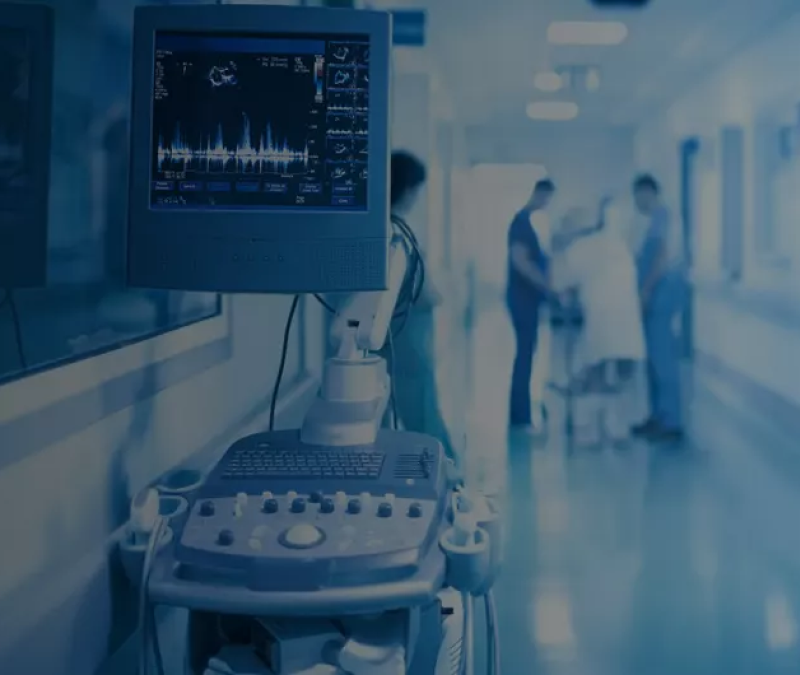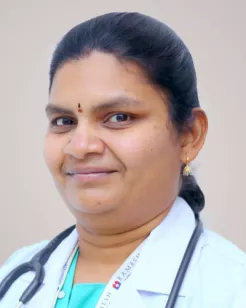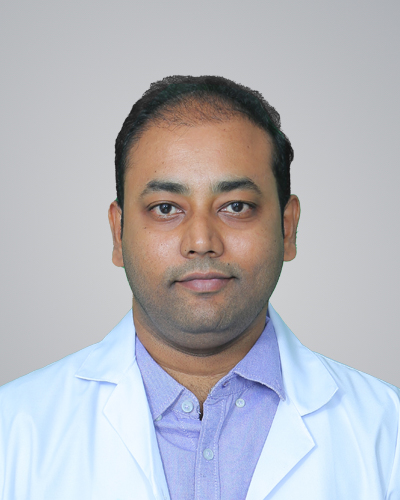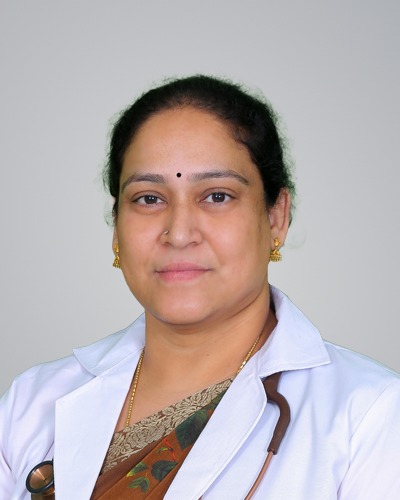Critical Care Medicine at Aster Ramesh Hospitals deals with the diagnosis and management of life-threatening conditions. Such patients are managed in a specialized area called the Intensive Care Unit. These critically ill patients may also have dysfunction or failure of one or more organ systems, including the cardiac, pulmonary, neurologic, liver, kidney or gastrointestinal systems. In the ICU, various procedures like endotracheal intubation, central venous catheterization, arterial cannulation, bronchoscopy, lumbar puncture, chest tube thoracostomy and percutaneous tracheostomy are performed by the intensivist.
Many of these sick patients require life support systems like invasive and non – invasive ventilation, Hemodialysis and CRRT, which are available at the bedside. Fiberoptic Bronchoscopy, Ultrasonography and 2D Echocardiography are used routinely for both diagnostic and therapeutic purposes. Comprehensive, multidisciplinary care is ensured with multidisciplinary rounds, where experts from various specialities come together to decide what is best for the patient.
A lot of emphasis is placed on areas like training, standardizing care through evidence based clinical practice guidelines. The care of critically ill patients also raises many complicated ethical and social issues, which are dealt with a lot of compassion, respect and understanding. Quality of medical care is strictly monitored by benchmarking on various clinical quality indicators and by having robust systems for process improvement in place.
Our Doctors
We have some of the best specialists from around the world, they bring years of experience and offer evidence-based treatment to ensure the best care for you.
FAQs
Want to find out more about the treatment? The answer to your questions can be found below.
What is the role of a critical care physician in a patient's treatment journey?
Critical care physicians in Ongole examine patients’ critical illnesses and diseases through a comprehensive monitoring process. This process includes a physical examination, diagnostic and imaging tests, analysis of previous reports, identification of potential side effects and associated risks, and, after considering all steps, treatment of patients with the best treatment plan.







